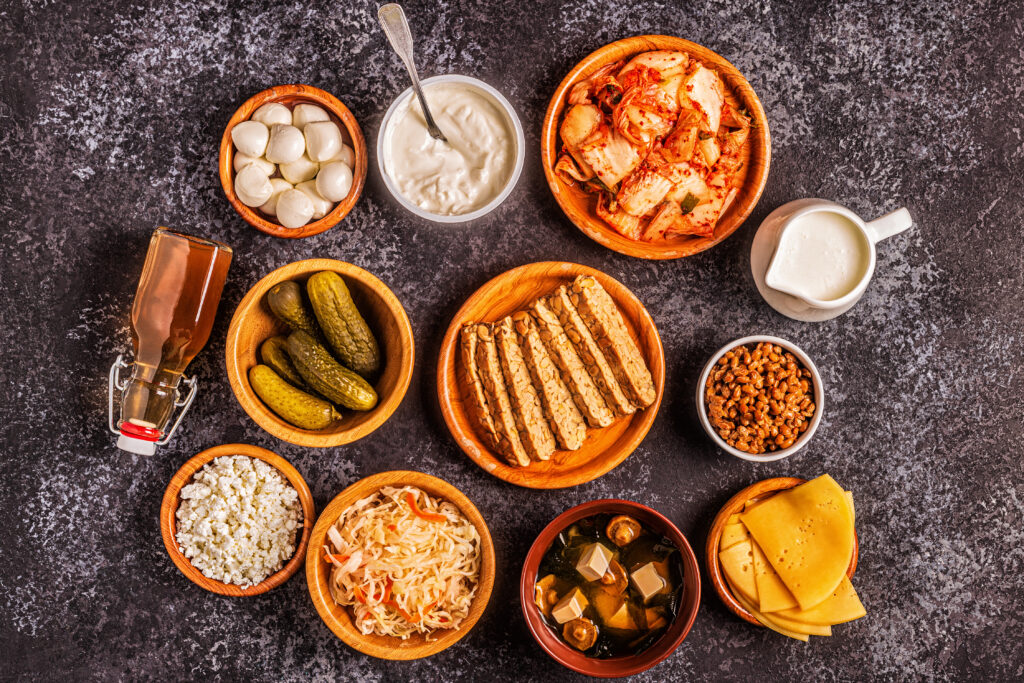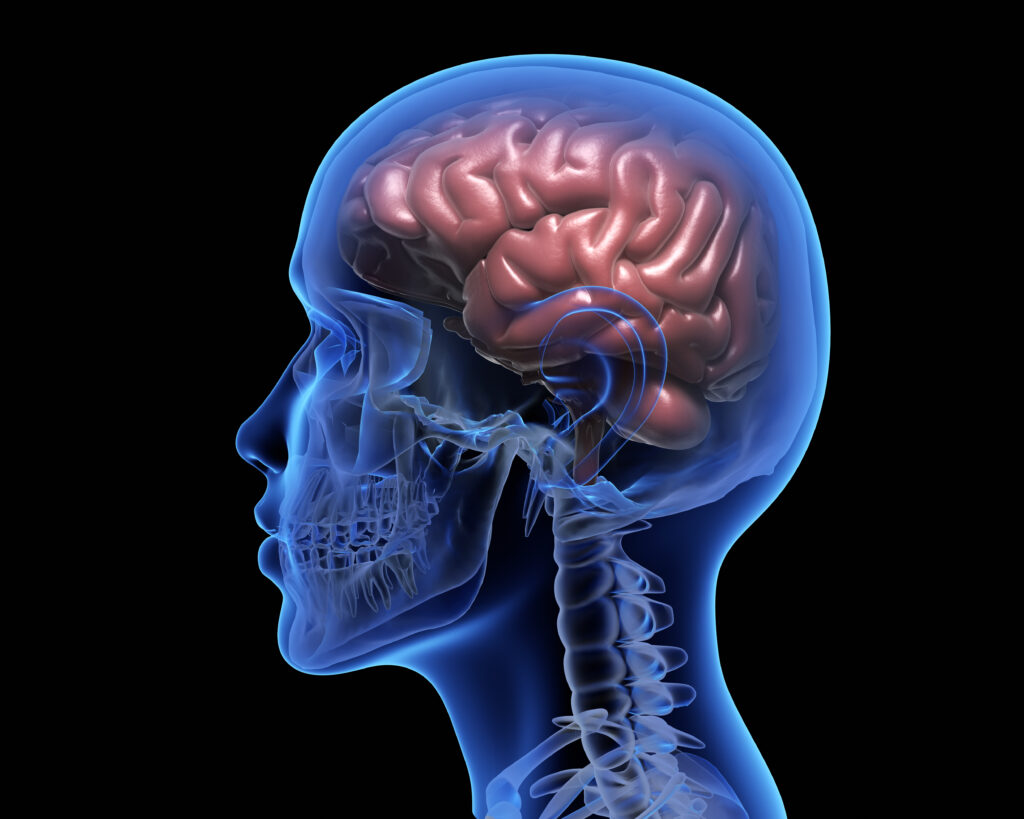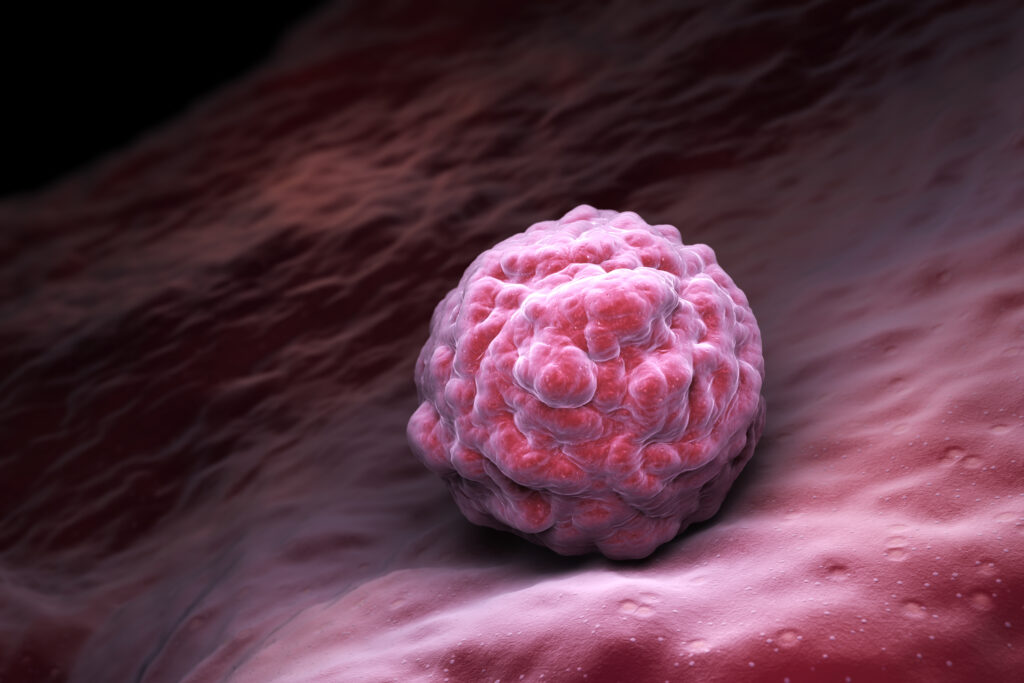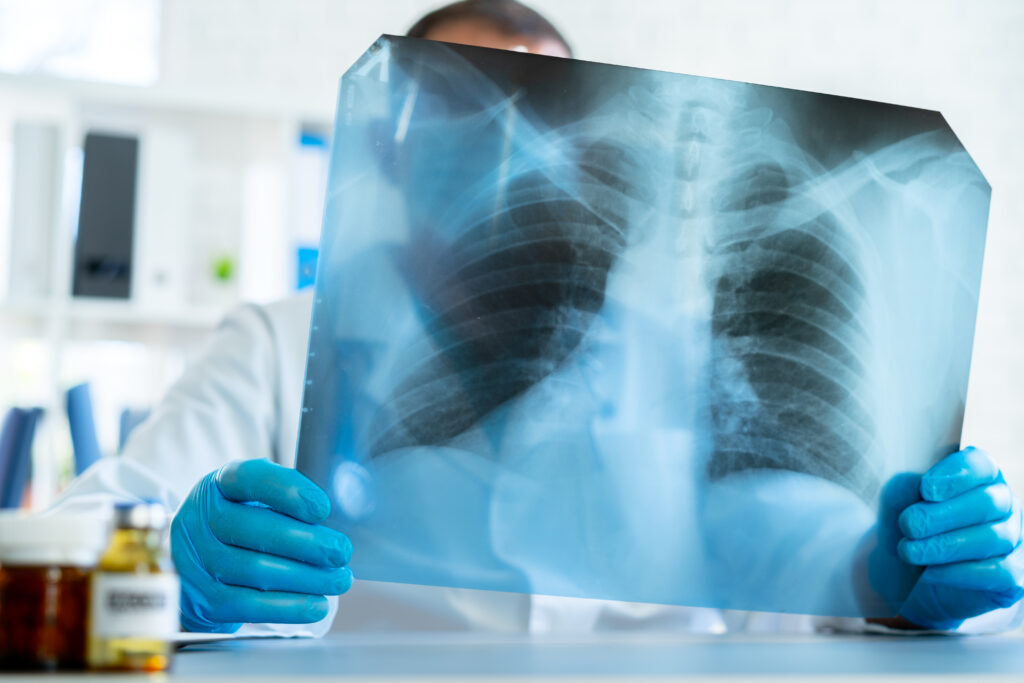
Research has closely connected mental health to an imbalance of beneficial microorganisms in the gut (the gastrointestinal system including the stomach, intestines, and the colon). An imbalance in the gut’s microbiota that increases the proportion of pathogenic microorganisms and decreases the proportion and variety of beneficial microorganisms is called dysbiosis.
Dysbiosis is linked to a wide range of mental health conditions such as depression, anxiety, Alzheimer’s disease, autism, schizophrenia, bipolar disorder, dementia, and post-traumatic stress disorder.
A galaxy of microorganisms inside our bodies
The human gastrointestinal system houses tens of trillions of microorganisms. They include many species of bacteria, viruses, phages, fungi, protozoa, and archaea- collectively called the human gut microbiome. Together, they weigh as much as a small bag of potatoes. Inside the gut, the number of cells of the microbiome outnumber the number of human cells, and the ratio of human DNA to bacterial genes in our body is approximately 1:100.
So what is this army of microorganisms doing in there? One of their roles is to help with digestion. They break down foods that would otherwise not be digestible through human digestive enzymes. They also break down toxins. Scientists are now discovering that the extensive diversity of these microorganisms affects not only digestion but most of the body’s physiological processes. Lack of diversity in the microbiome is associated with metabolic disease, mental health diseases, immunity and autoimmune diseases, and even day-to-day mood and cognition.
The gut-brain axis and its relationship to gut microbes
Have you ever felt “butterflies” in your stomach when you are nervous? This happens because there is constant communication between the gut and the brain. And it is a two-way conversation with the gut also sending signals to the brain. This bidirectional communication between the central nervous system (brain and the spinal cord) with the gut is called the gut-brain axis. There are special nerves and nerve cells that enable this communication.
The main nerve that connects the gut to the brain is called the vagus nerve. The walls of the gut from the esophagus to the rectum also house an extensive nervous system of over 600 million neurons that are called the enteric nervous system. Due to the extensiveness of the enteric nervous system, the gut is sometimes called “the second brain”. The central nervous system communicates with the enteric nervous system in the gut and affects things such as the permeability of the cells to various metabolites and the generation of mucus. The central nervous system also signals the gut to generate cells and metabolites that provide immunity against pathogens.
The microbes living in the gut have big impacts on the gut-brain axis. Not only do they interact with the cells in the intestines and the enteric nervous system, but they also make hormones and metabolites that interact directly with the central nervous system including the brain. They may even change the permeability of the blood-brain barrier, which is the layer of tightly packed cells that determines which substances can enter the brain freely and which do not.
Neurotransmitters made by gut bacteria affect mental health
Over 40 neurotransmitters are released in the gut. Some of them are important signaling molecules in the brain such as dopamine, serotonin, gamma-aminobutyric acid (GABA), and histamine.
Dopamine is a neurotransmitter that affects pleasure, motivation, and learning. About 50% of the body’s dopamine is made in the gut. The enzymatic activities of the gut microbiota are extremely involved in not only synthesizing dopamine but also regulating its production and breakdown. Dopamine imbalance is associated with the development of autoimmune disorders such as multiple sclerosis and mental ailments such as major depressive disorders. While dopamine cannot pass the blood-brain barrier, its precursor L-dopa which is produced by the intestinal bacteria does enter the brain through the circulation of blood, and it is transformed into dopamine inside the brain.
About 90% of the body’s serotonin is made in the gut. Gut bacteria such as Streptococcus spp., Enterococcus spp., Escherichia spp., Lactobacillus plantarum, Klebsiella pneumonia, and Morganella morganii can all produce serotonin. Serotonin is a key neurotransmitter affecting the gut-brain axis and plays an important role in the pathogenesis of emotional distress as well as irritable bowel syndrome. Serotonin in the brain controls experiences such as moods, sleep, pain, and sexual desire. Low levels of serotonin are associated with depression. While serotonin cannot cross the blood-brain barrier, its metabolic precursor tryptophan can.
GABA in the brain can block impulses between nerve cells which can have a “calming down” effect on a person’s mood. Low levels of GABA are associated with anxiety, mood disorders, epilepsy, and chronic pain. Gut bacteria including Bacteroides, Parabacteroides, and Escherichia species produce GABA. Some gut bacteria only grow in the presence of GABA. Low levels of fecal Bacteroides correlate with mental ailments such as depression.
Gut microorganisms are also an important source of histamine, a metabolite that helps with a variety of immune responses. Imbalances in the proportion of gut microbes can cause phenomena such as seasonal allergies.
Mental health conditions are related to out-of-balance gut microbes
An imbalance of gut microbes (dysbiosis) can affect mental well-being, and we know some of the ways this happens.
Dysbiosis can increase intestinal permeability which can let undigested food particles or metabolites into the blood. The increased intestinal permeability due to dysbiosis is a recognized feature in autoimmune diseases such as rheumatoid arthritis, and mental conditions such as Alzheimer’s disease, autism spectrum disorders, and depression among others.
In a new study of 206 women, scientists found that emotional well-being could be directly affected by the diversity and abundance of the gut microbiome. Women who reported feeling happy and hopeful, and thought they had better emotional management skills also had higher abundances of specific bacteria in their guts.
Evidence also suggests that symptoms of depression worsen when people make poor food choices and do not get enough exercise. The best food choices for all individuals particularly those with mental health conditions appear to be diets rich in prebiotics and probiotics. It has been reported that consuming prebiotics improved the mental health and problem-solving skills of those with psychosis- a condition common in schizophrenia and bipolar disorder.

What are probiotics and prebiotics?
With a greater understanding of the beneficial role of the gut microbiome, the popularity of probiotics is currently at an all-time high. Trendy terms such as synbiotics (prebiotics + probiotics) and psychobiotics (probiotics used to enhance mental health) are cropping up in health-related spaces. But probiotics and prebiotics are easy-to-obtain foods that can be easily purchased at any grocery store.
Probiotics are natural foods or commercial supplements that are rich in diverse kinds of microorganisms beneficial to our gut health. Natural foods rich in probiotics include cultured or fermented foods such as yogurt, kefir, sauerkraut, kimchi, and miso.
Prebiotics are food that the gut bacteria need to be able to survive. The bacteria we ingest in probiotics thrive on the fiber we get from fruits, vegetables, and whole grains. These foods with natural fiber are called prebiotics. Naturally occurring prebiotic foods include cabbage, bananas, whole grains, brown rice, broccoli, lentils, oats, spinach, chicory, onions, garlic, artichokes, almonds, and walnuts.
Without a diet rich in fiber, the probiotics can just go through the body without growing in the gut. Also, because different gut bacteria may have different fiber preferences, it is best to each a rich and varied diet frequently changing out the fruits, vegetables, grains, and nuts.
The food we eat not only affects the composition of the gut microbiota but also its activities. In a study where a group of participants ate a healthy fiber-rich diet for four weeks compared to the control group that did not, it was found that in both groups the composition of the microbes in the gut was similar– yet the chemicals produced by the microbes had changed. Therefore, someone may have all the right bacteria in their gut yet not enjoy all their benefits because of a lack of natural fiber in their diet.
Conversely, diets composed of processed foods that are poor in natural fiber and contain too much sugar and additives such as emulsifiers can cause damage to the gut microbes.
Probiotics are generally safe for most adults but may cause harm to those with critical health conditions, or suppressed immune systems.
Probiotics cannot replace psychiatric treatment
While probiotics may serve as excellent additions to therapy, they cannot replace the conventional therapy for mental health conditions prescribed by a patient’s psychiatrist.
The mental health effect of gut microbes is a new field that is being vigorously researched. However, at this time we lack a complete understanding of how gut microbes function. It is not known what exact microbes might cure which condition, and at what dosage they should be used. Most of the currently available probiotics have 14-16 strains of helpful bacteria. The gut houses 300-500 species of bacteria alone, not counting the other microbes in there like protozoa, viruses, and fungi. Therefore, there is still a lot about the gut microbiome that we do not know, and it may be some years before the first therapies using probiotics and prebiotics emerge for the treatment of mental disorders.
The information provided in our blog posts is for informational purposes only and is not intended as a substitute for professional medical advice, diagnosis, or treatment. Always seek the advice of your physician or other qualified health provider with any questions you may have regarding a medical condition. Never disregard professional medical advice or delay in seeking it because of something you have read on this blog.






